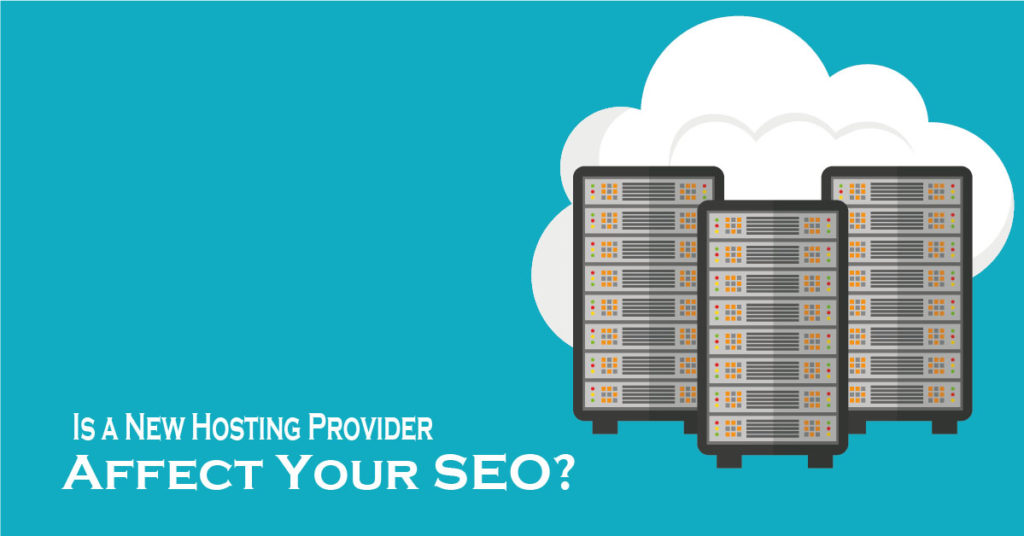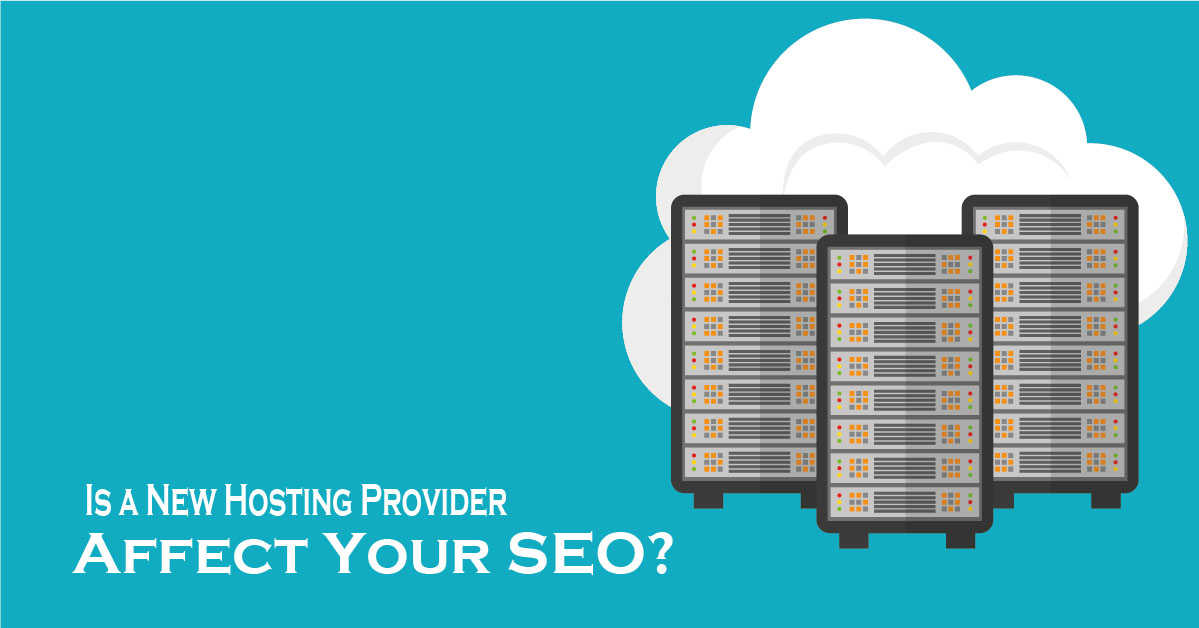
Search Engine Optimization is another essential aspect of your website. An effective SEO strategy is the one which ranks your landing pages on not only the search engine but also the one which helps your visitors become your customers. With the increasing use of internet on-the-go, many brands understand the importance of organic traffic and believing in building an effective SEO strategy.
Web hosting is an essential aspect of your website. Not only does it help you to build your own space on the internet, but also plays a role when it comes to your search engine rankings. Surprisingly, not many people know that changing your domain name and hosting affects your SEO. If you are one of them, keep reading. Here, we will be discussing the different ways by which a new host can impact your search engine rankings.
1. Server location
Google used to rely on Top Level Domains (TLDs) to classify websites based on the country where the hosting servers were located. Now, they have commenced using IP addresses instead of TLDs. You must use a hosting server located in the same country that your website is serving. This will help you avoid the loss of traffic because of the geographical location of the new host.
2. Quality of the server
Choose a hosting provider that offers superior performance, maximum uptime, and a great deal of ad-hoc services apart from monitoring and hosting. There might be a little chance of your web servers being crowded due to which there is a lot of downtime. If your website is facing a considerable downtime, the SEO will be poorly impacted.
3. Page load time
Brands and especially e-commerce websites should keep a close eye on their website load speed. That is because a visitor will be converted to the customer only when it knows that his or her time is valued. Therefore, many brands are looking forward to the page load speed as one of the essential metrics in measuring traffic on their website. If your host slows down, and the page load time does not match performance standards, Google will downgrade your ranking.
4. Hosting plan
There might be various reasons for you to downgrade your hosting plan, then be ready to face the consequences in terms of page rank. So, select a plan that best fits your budget to minimize the effects on your SEO rankings.
5. Structural changes
Different hosts will make specific changes to your website, be it to the services used or the structure of your website. The changes in structure might not seem noticeable to you, but they are when the crawlers run over them to get hold of the new pages on your websites. When the crawler visits your site, they match the old structure saved against your domain. If they find it new, your website is listed as the new one and accordingly ranked on the search engine.
6. Hosting
Selecting the right host type is essential. Shared Hosting can lead to various consequences and is not a desirable hosting service you must opt for when SEO is the concern. Go for a dedicated server space instead, which is best for all types of websites with reliability and security at the top. You can go for a Virtual Private Server Hosting that is relatively cheaper as compared to Dedicated Hosting and also makes sure the downtime of your website is the minimum which improves your SEO ranking.
Search engine rankings are of top priority for all the brands around the world when it comes to conversion rates. Make sure you choose the right host so that your search rankings stay intact or do not change when you change your hosting provider. Keeping in mind the pointers as mentioned above, will help you keep the search rankings of your website intact even when you change your hosting provider.










